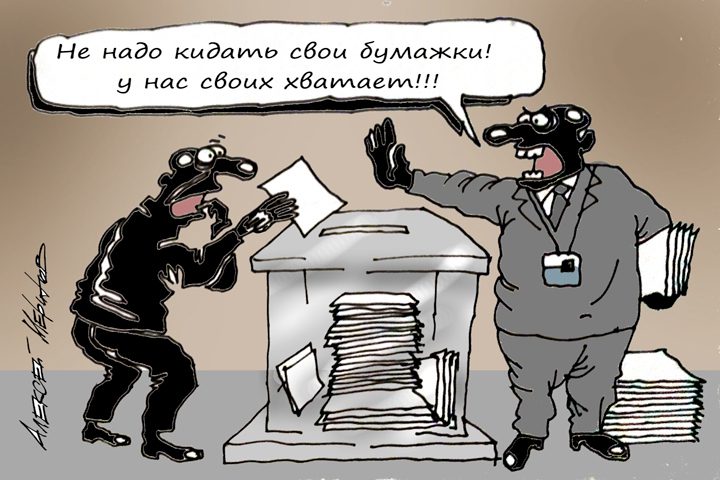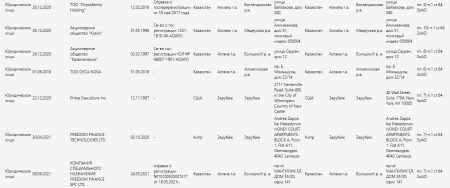The lawmakers in Novosibirsk passed a law to end the direct election of the mayor and the head of Koltsovo science city. This was significant because Novosibirsk was the last city with over a million people to have direct mayoral elections, apart from Moscow, St. Petersburg, and Sevastopol. Koltsovo was also the only science city in Russia where the residents chose their mayor directly.
There is a dual rationale behind the actions of the Novosibirsk deputies regarding the mayor's position. On one hand, there is a trend in Russia where elections are becoming more of a professional competition, focused on submitting a well-developed economic program to a special commission, rather than a political show. However, it also addresses the issue of showmanship prevailing in elections, with candidates being remembered for scandals rather than their career and legitimate ambitions. The deputies aim to change these political realities.
On the other hand, elections often leaned towards showmanship, with candidates gaining attention through scandals and intrigue, rather than their career and legitimate ambitions. The mayor of Novosibirsk, Anatoly Lokt, was a talented speaker and motivator, but did not excel as a manager. He was able to create a coalition and defeat the United Russia candidate, but Novosibirsk did not see much progress during his ten-year tenure. The local parliamentarians aim to address these political realities.
Another aspect related to Novosibirsk is the end of an unspoken agreement between the communist Lokt and the United Russia governor Andrey Travnikov. The two main political forces of the region divided their areas of influence before the region head elections in 2018, creating a balance which, though shaky, was respected. However, it seems that everyone has grown weary of this and believes that political parties need to move forward for progress, even if the status quo is in place. There also seems to be confusion about the two terms of Elbow at the head of Novosibirsk.


